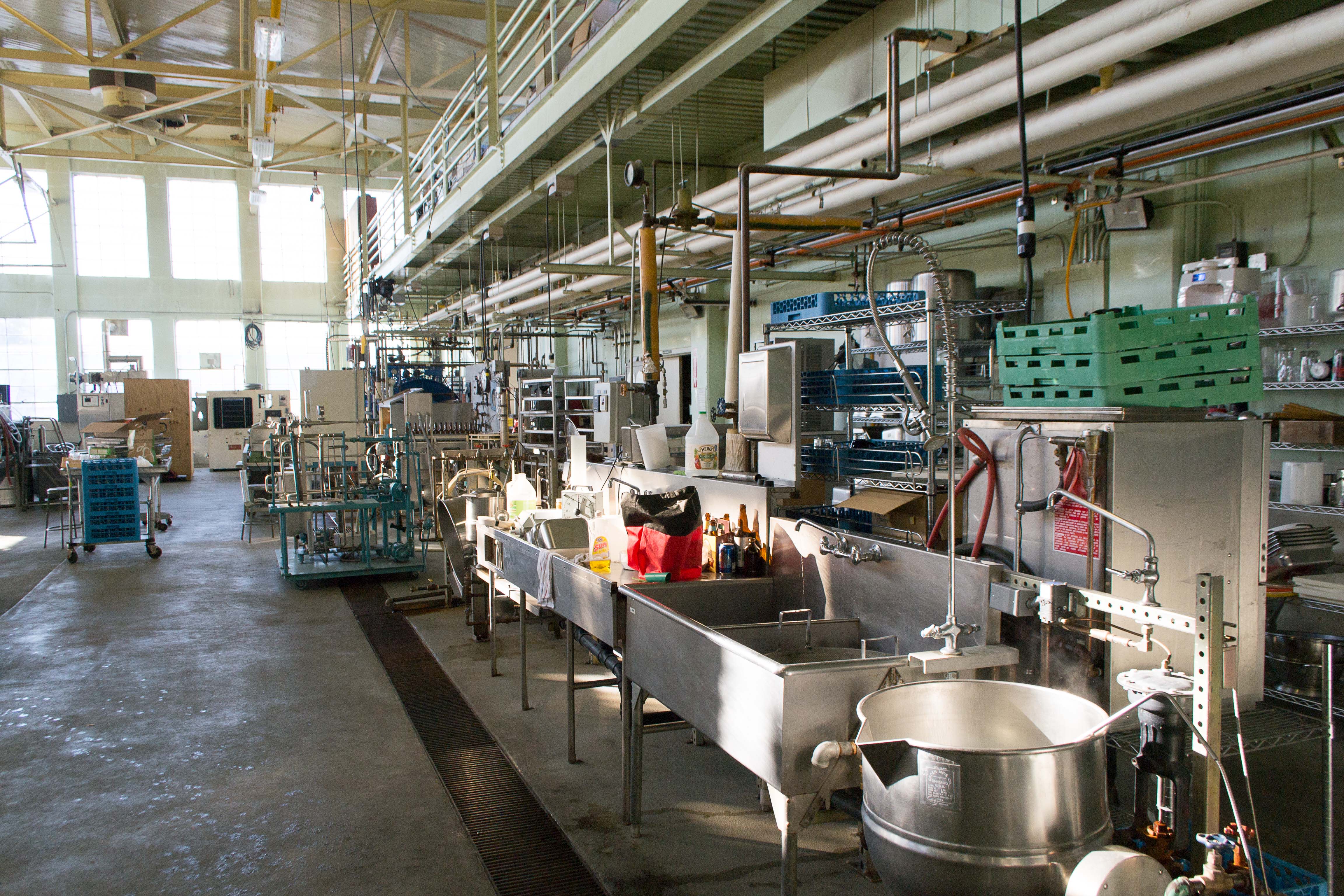
Structural modeling and mRNA expression of epididymal β‐defensins in GnRH immunized boars: A model for secondary hypogonadism in man
Sign Up to like & getrecommendations! Published in 2018 at "Molecular Reproduction and Development"
DOI: 10.1002/mrd.23069
Abstract: Human secondary hypogonadism is associated with impaired testicular function, however, little is known about its impact on sperm epididymal maturation. Endocrine disruption in the epididymis could impair the secretion of key proteins, such as β‐defensins,… read more here.
Keywords: epididymal defensins; expression; secondary hypogonadism; pbd3 pbd4 ... See more keywords

Changes in porcine cauda epididymal fluid proteome by disrupting the HPT axis: Unveiling potential mechanisms of male infertility
Sign Up to like & getrecommendations! Published in 2020 at "Molecular Reproduction and Development"
DOI: 10.1002/mrd.23408
Abstract: Male infertility or subfertility is frequently associated with disruption of the hypothalamic–pituitary–testis axis events, like secondary hypogonadism. However, little is known how this condition affects the proteomic composition of the epididymal fluid. In the present… read more here.
Keywords: fluid; gnrh immunized; cauda epididymal; male infertility ... See more keywords

Secondary Hypogonadism due to Excessive Ingestion of Isoflavone in a Man
Sign Up to like & getrecommendations! Published in 2022 at "Internal Medicine"
DOI: 10.2169/internalmedicine.8578-21
Abstract: A 54-year-old man had been drinking approximately 1.2 L of soy milk (equivalent to approximately 310 mg of isoflavones) per day for the previous 3 years. He then developed erectile dysfunction and gynecomastia. On an… read more here.
Keywords: hypogonadism; soy milk; due excessive; secondary hypogonadism ... See more keywords

MOSH Syndrome (Male Obesity Secondary Hypogonadism): Clinical Assessment and Possible Therapeutic Approaches
Sign Up to like & getrecommendations! Published in 2018 at "Nutrients"
DOI: 10.3390/nu10040474
Abstract: Male obesity secondary hypogonadism (MOSH) impairs fertility, sexual function, bone mineralization, fat metabolism, cognitive function, deteriorates muscle mass and alters body composition. The aim of this pilot study was to evaluate the effect of dietary… read more here.
Keywords: mass; male obesity; obesity; obesity secondary ... See more keywords

Potential Cardiovascular and Metabolic Beneficial Effects of ω-3 PUFA in Male Obesity Secondary Hypogonadism Syndrome
Sign Up to like & getrecommendations! Published in 2020 at "Nutrients"
DOI: 10.3390/nu12092519
Abstract: Long-chain ω-3 polyunsaturated fatty acids (PUFAs) are fundamental biocomponents of lipids and cell membranes. They are involved in the maintenance of cellular homeostasis and they are able to exert anti-inflammatory and cardioprotective actions. Thanks to… read more here.
Keywords: beneficial effects; male obesity; obesity; obesity secondary ... See more keywords